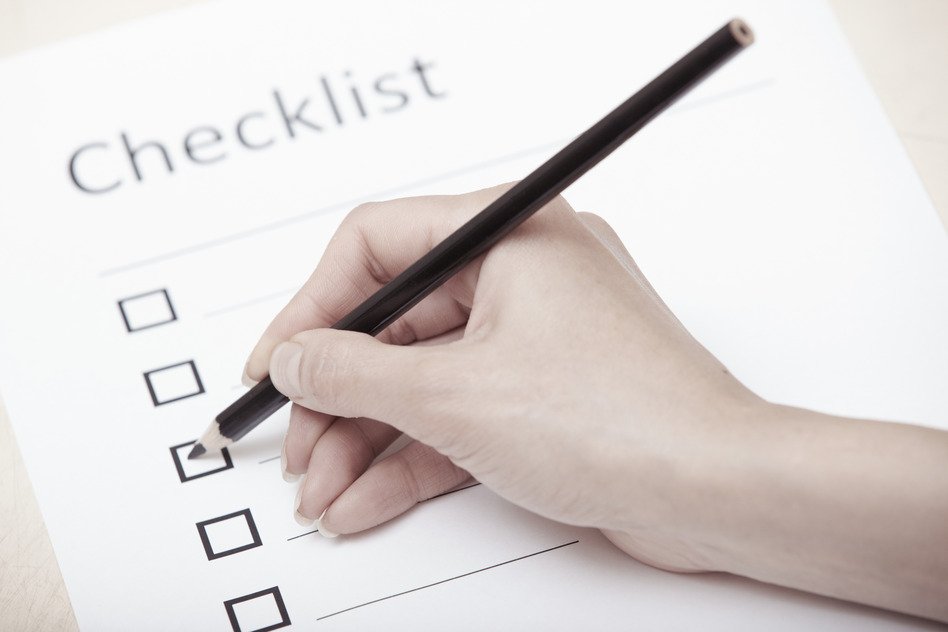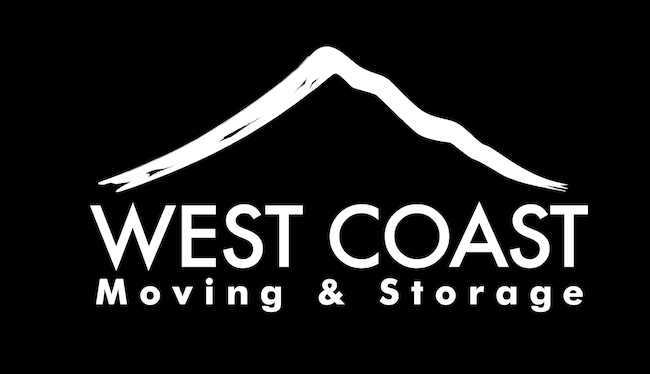We all know how overwhelming it can be to move. The amount of planning, packing and unpacking, and coordinating is enough to send you over the edge. One of the easiest things to do is to make a moving/packing checklist to make sure you aren’t forgetting anything. Here is a moving checklist that we’ve come up with that will help make your move easier.
Eliminate: First things first, go through every single room in your house and purge. Whether you are downsizing or even upsizing, there is always going to be stuff that can be donated or thrown away. The easiest way to do this is stop make three piles- a keep pile, a maybe pile, and then a donation one. Although this step may seem tedious and unnecessary for some, this will help eliminate excess and help make the moving process smoother.
Research: Start researching moving companies as soon as you know you are going to move. People tend to overlook this step and think that they can either do the move themselves or will book last minute with any company that had available times. Do not fall into this trap. A professional, experienced moving company can make or break your move. Figuratively and literally. Check our 4 must-do’s before hiring a moving company.
Supplies: It is important to pick up the proper supplies that you need for your move. The earlier you start packing, the better. Supplies can range from boxes and sharpies to padding and shrink-wrap. Based on your research, you might find a company that brings supplies and helps you wrap and package your belongings. Head to our Residential Moving Page to get more details about the services we provide for a household move.
Specialty Items: Have an antique upright piano that your grandmother gave you? Or what about a baby grand in your formal living room? Not all movers are qualified or experienced enough to move specialty items such as pianos. If you have a piano that is apart of your household move, it is imperative that your moving company have experience with moving something so large and delicate. Not all moving companies are the same, and it will save you money and the headache of having to coordinate with two separate moving companies to get all your belongings to your new house.
Inventory: Take a detailed inventory of everything valuable you plan to move. This includes the items, the value of them, and which boxes you will be transporting them in. This can help you if there is anything missing after the move and can be used for insurance purposes if needed. It can also help with ease of mind of having everything better organized.
Personal: If moving school districts, states, or just next door there is a lot of paperwork that needs to be handled and coordinated with your move. Don’t forget about transferring school, records, doctors, club memberships, and newspaper subscriptions to name a few. Also change of address forms need to be completed up to one week before your move. It’s easy to overlook these little details, but can be a major hassle for you in the long run.

Labeling: While packing, it is important to label everything accurately to make sure nothing is lost and everything is accounted for. This can also help the movers when transferring boxes from the original house to the new house so they know where to put everything. In the end, this will also help you too so that everything goes where it is supposed to be and will help save you the hassle of having to move boxes within the new house. Labeling boxes with fragile belongings in them is important to so the movers know to handle them with extra care.
Check-In: About a week before your move you should call your movers to do a final check-in before the big day. You can discuss any changes that have come up, double check the starting and ending address, as well as the time, and also verify the plan for the day. This can help your ease of mind and helps the moving company also double check all of their information as well.
Walk-through: When your movers get there and begin to pack and take an inventory of their own, it is crucial that you walk through the house and discuss the conditions of your valuables. That way you can verify that their notes match up with the correct conditions of the item and nobody can be surprised. This is also the perfect time to discuss what is fragile and where the boxes should go at the new location.
Bill of Lading: The day of the move, make sure that you go over all of the important valuables and sign the bill verifying contact information, address information and insurance information. Keep your copies of these documents somewhere easily accessible and safe so that you will be able to verify any information or miscommunications that might happen.
We hope these moving tips will give you some ease of mind and that your move will be successful and safe! Contact us today for more information.

